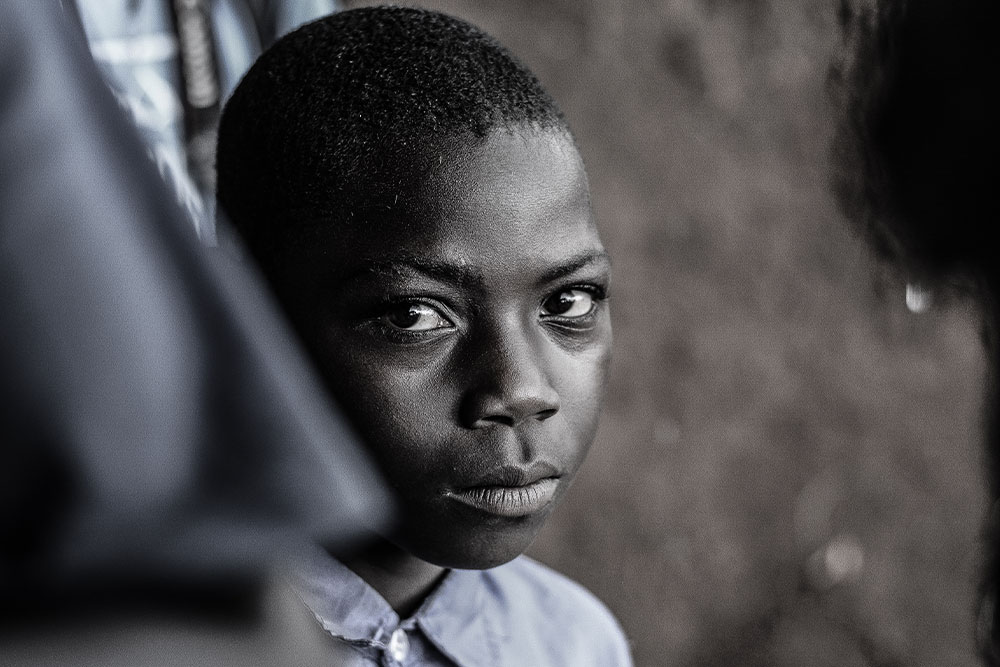- Home /
- Our Articles /
- Constitutional rights of Children in Zimbabwe

CHILD & FAMILY LAW
Constitutional rights of Children in Zimbabwe
Article 19 of the Constitution of Zimbabwe (Amendment) (No. 20) Act, 2013 provides that the government of Zimbabwe should adopt policies and measures that ensure that matters relating to children, and the best interests of children are paramount. Thus, the State has an obligation, within the limits of the resources available to it, to ensure that all children -
- (a) enjoy family or parental care, or appropriate care when removed from the family environment;
- (b) have shelter and basic nutrition, health care and social services;
- (c) are protected from maltreatment, neglect or any form of abuse; and
- (d) have access to appropriate education and training.
The State also has an obligation to take appropriate legislative and other measures –
- (a) to promote children from exploitative labour practices; and
- (b) to ensure that children are not required or permitted to perform work or provide services that
- (i) are inappropriate for the children's age; or
- (ii) place at risk the children's well-being, education, physical or mental health or spiritual, moral and social development.
The High Court in State v Banda; State v Chakamoga HH 47-16 para 2 held that:
Firstly, domestic law has seen fit to prescribe extensive provisions for the protection of children, for which judicial officers must not be seen to be giving mere lip service. Chapter 2 of the Constitution, sets out national objectives, of which s 19 prescribes the protection of children as one of these national objectives. Section 19 (1) requires the State, to adopt policies and take measures to ensure the paramountcy of the best interests of children.
The Supreme Court has also had occasion to pronounce itself on Article 19 of the Constitution of Zimbabwe in Zimbabwe Homeless People's Federation & Others v Minister of Local Government and National Housing & Others SC 94-20 para 8 where it was held that:
In my view, these provisions are essentially hortatory in nature, given that they are qualified by the condition that they are to be realised “within the limits of the resources available” to the State and the government. In this sense, they cannot be said to be strictly justiciable and enforceable in themselves. Nevertheless, they are not to be regarded as being entirely superfluous and otiose and therefore devoid of any legal significance whatsoever. They remain interpretively relevant for the purpose of informing and shaping the specific contours of the substantive rights enshrined elsewhere in the Constitution.
Get legal support
We are ready to assist with your legal needs.
Just fill out the form below and a legal expert from our team will be in touch shortly.
Testimonials
What our clients say.
“Very Professional and Communicative. My case was handled timely, with all legal processes being followed at each stage of my case and I was accommodated despite residing outside the country. I highly recommend them.”
Google Review
“Very helpful. Good reactivity. I advise you to work with them.”
Google Review
“They were very helpful. I would recommend them.”
Google Review
“Great service, I highly recommend Kanokanga & Partners for any legal assistance. Thank you Mr. Kanokanga and team!”
Google Review
“Very knowledgeable and produces the results. Great work.”
Google Review
“Very professional. Excellent service!”
Google Review
“I have received the best service”
Google Review
“Higly recommend this firm,my case was handled professionally and communication was great as i live outside Zimbabwe.Many thanks to Mr Kanokanga and team.”
Google Review
“Very professional service and reasonable prices”
Google Review
